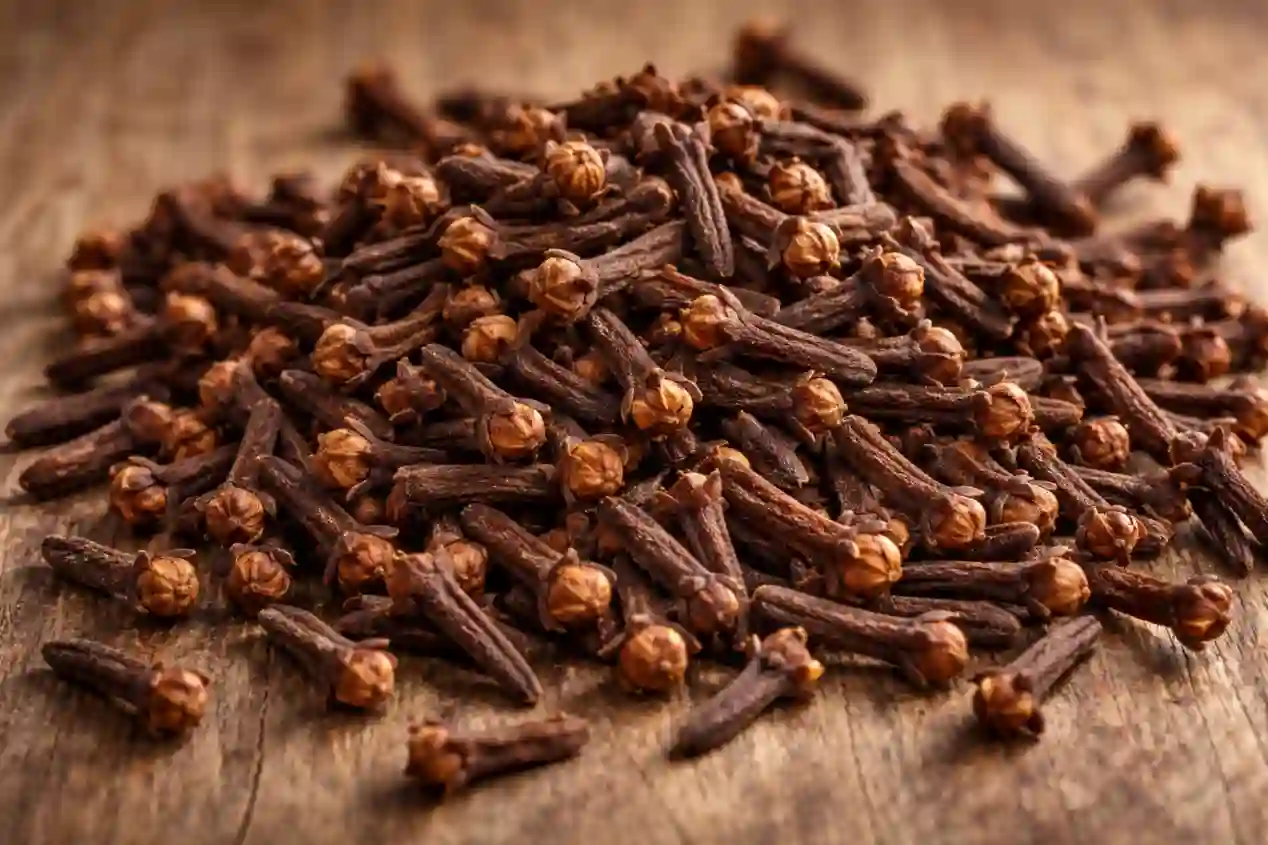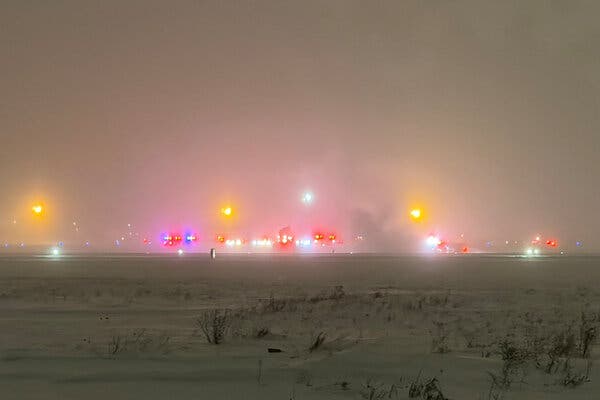The price of Liquefied Petroleum Gas, commonly known as cooking gas, has surged dramatically from N700 per kilogram in June 2023, around the time President Bola Tinubu assumed office, to N1,500 per kilogram in October 2024, The PUNCH reports.
This marks an alarming 114% increase in just 16 months.
The spike in LPG prices is closely tied to the soaring exchange rate, as the product is priced in dollars. Since the naira was floated by the Tinubu administration, it has lost significant value, plummeting from about N700 per dollar in May 2023 to nearly N1,700 per dollar today.
Managing Director/CEO of NIPCO Plc, Suresh Kumar, revealed at the recent National Conference of the Nigerian Association of Liquefied Petroleum Gas Marketers in Lagos that more than 60% of the cooking gas used in Nigeria is imported. He urged the Federal Government to encourage Chevron to convert more of its propane into butane, a more suitable gas for domestic consumption, as local production remains insufficient.
“Currently, less than 40% of the 1.5 million metric tonnes consumed domestically is produced locally,” Kumar explained. This reliance on imports and fluctuating exchange rates has raised concerns that gas prices could continue to rise.
Data from the National Bureau of Statistics supports this, showing that the average price for refilling a 5kg cylinder of LPG increased by 4.19% from N6,430 in August 2024 to N6,699 in September 2024. On a year-on-year basis, this marks a 59.90% increase from N4,189 in September 2023.
Rivers State recorded the highest average price for refilling a 5kg cylinder at N7,285, followed by Gombe (N7,271) and Borno (N7,089). Meanwhile, Kebbi had the lowest price at N5,950, followed by Kano (N6,133) and Benue (N6,143). Zonal analysis revealed that the North-East recorded the highest average price for refilling a 5kg cylinder at N6,929, while the North-West had the lowest at N6,382.
For a 12.5kg cylinder, prices rose by 4.89% from N15,552 in August to N16,313 in September 2024, representing a 76.41% year-on-year increase from N9,247 in September 2023. Rivers State again recorded the highest price at N17,993, with Gombe and Zamfara close behind. Adamawa had the lowest price at N13,983.
As gas prices climb, many Nigerians are reverting to traditional cooking methods like firewood, raising concerns about the country’s clean cooking goals and deforestation. Experts warn that if the trend continues, it could hamper Nigeria’s efforts to promote clean energy and reduce tree felling.
Executive Director of Heirs Energies, Samuel Nwanze, estimated that Nigeria requires $7.5 billion to achieve clean cooking by 2030. Meanwhile, environmental officials, like Ola Oresanya from Ogun State, fear that many households could soon turn to charcoal as a cheaper alternative.
The International Energy Agency also highlights the human cost of this crisis, reporting that 500,000 African women die prematurely each year from cooking with firewood or charcoal due to the lack of access to clean energy.
The IEA stresses that the impact on women is disproportionate, as many spend hours each day collecting firewood, limiting their opportunities for education and work.










